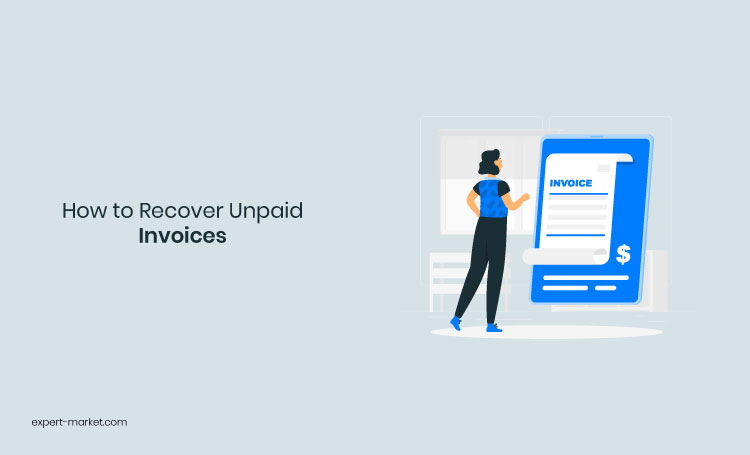Normally a business operates smoothly because of cash flow — the coming and going of cash — through the seamless transactions between buyer and seller.
But things don’t always go as planned, and unpaid invoices are a cause for concern if it isn’t handled properly and as soon as possible.
Why are there unpaid invoices in the first place?
This may be a hard pill to swallow for some business owners but it’s certainly a step worth taking if push comes to shove.
When you step back and look at the bigger picture, what do you see?
You should be able to pinpoint issues in your process if it is the root cause of the increase in unpaid invoices. Do you give out invoices on time? Do you follow up? Are you too lenient when it comes to payment schedules?
Whatever the reason, as a business owner it is your responsibility to make changes that will ensure the success of the business. When something is amiss, your decision-making skills are put to the test.

Check your debt collection process
Given that there are clients that “forget” to pay, what system do you have in place to help combat this?
Some business owners are wary when it comes to debt collecting; sometimes they think that they might look like a nuisance for asking when a client will be paying up. When you think about it, a client should be able to hold their end of the bargain. It’s only fair that you follow up, and you do so regularly.
Another point to take note of is that your Terms and Conditions contract should be studied again as there may be a clause or two there that hinders or affects your cash flow. For example, you may want to be stricter when it comes to the deadline of payments, as well as late fees. Sometimes these terms are enough to encourage your clients to pay on time; no one wants to pay extra just because they missed the deadline.
Reminding your clients to pay before the deadline is easier said than done and thankfully with the help of technology you can set up scheduled emails. This takes a load off of you as you deal with other matters in the business.
A debt collection letter is certainly another way to get your clients to pay on time; these are usually sent out by a debt collection agency with their official name and address as the letterhead and while they mean no harm, the fact that a third party entity is involved is a strong push on the client to settle their unpaid debt as soon as possible.
How do you collect payment?
You may want to also study how you collect payments from clients as this may be an issue to begin with.
- Be open to other channels of payment such as online bank transfer services and money transfer services such as PayPal or Wise.
- Make it convenient for your clients and yourself. Make use of the internet and various trusted money transfer services.
- Set up a payment scheme that is easy on the pocket for your client, but won’t also affect your cash flow.
Be organised
Debt recovery means you need to be organised with your paperwork as you might need the help and assistance of a professional debt collection agency. Keeping these details in check should make it easier for you to transfer the responsibility of debt collection to a professional debt collector.
They may need information such as invoice number, amount due, deadline of payment, and last payment made (if any). Other information such as a business address, telephone number and email address are also of relevance. The debt collector will certainly need these to be able to touch base with the client.



























